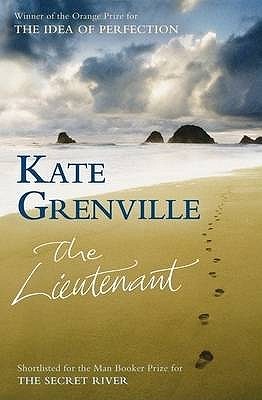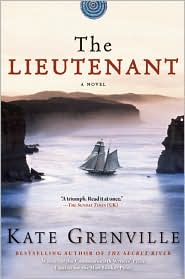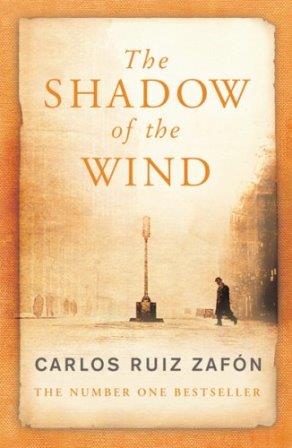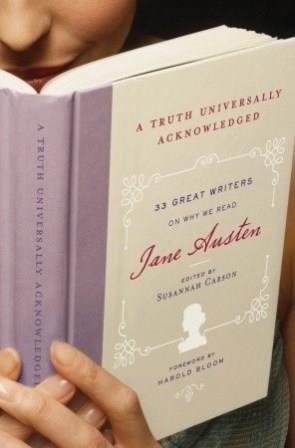
Having previously read and enjoyed Grenville’s 2006 novel ‘The Secret River’ I was pleased to be given ‘The Lieutenant’ as a book group read.
Grenville is an Australian author whose fiction has won national and international awards. The copy I read was an uncorrected proof copy.
What’s it about?
Daniel Rooke is an outsider from his youth: intelligent but socially awkward, he yearns to find his place in the world. Interested in mathematics and astronomy, he soon discovers that the world needs few astronomers and is forced to adopt a more sideways approach to his calling. He becomes a navy Lieutenant and lands in New South Wales with a commission to set up an observatory, but soon finds himself being observed by the natives. Fascinated by their language, Rooke sets himself the challenge of learning their native tongue. He begins to forge a friendship with a young Aboriginal girl, but tensions are growing between the settlers and the natives. Soon, Rooke will be forced to make a decision with life-forming consequences.
What’s it like?
Grenville begins the story by establishing Rooke’s innocent character, including his common sense conviction that a slave is not the same as a gold watch. This thoughtfulness sets him apart from his peers and allows his later difficulties to seem perfectly natural. I liked the quick pace of the storytelling and the efficient development of the narrative. Within 20 pages, Rooke is in uniform and heading for Boston, America; within 50 pages he has arrived in New South Wales in 1788 where the bulk of the story takes place.
Once in Australia, language and communication become the dominant concern of Rooke and Grenville. How does one interpret another when they have no common words? How does one even interpret the world? Rooke attempts to build a comprehensive glossary of grammar, vocabulary and inflection, but Grenville shows the reader how vain a pursuit this is when two cultures are so mismatched and, ultimately, at odds. I found Rooke’s enthusiasm engaging, which was just as well since so much of the narrative is taken up with his attempt to build this comprehensive guide. As someone with more than a passing interest in language, I found this all quite interesting. Possibly, other readers could find Rooke’s interest wearying. Then again, his excitement is infectious, written as it is by Grenville in such a delighted manner.

His relationship with Tagaran, the native child, is ambiguous. His own naivety is underscored by the knowing laughter of his worldlier friend, Silk, who assumes a physical relationship. Although Rooke appears to view the girl purely as a source of language learning, Tagaran herself is flirtatious and her age is never established. Later events suggest she may have had less innocent intentions than Rooke, but it is impossible to definitely establish this: the barriers cannot be breached this far.
Rooke’s core morality is increasingly tested as the book develops and he realises what it means to be a soldier in his majesty’s navy, and what it means to be one of a party. Grenville effectively contrasts him with the slippery Silk, who is able to adapt himself to any situation, however appalling, and retain a conviction of his own goodness. I found their relationship and different approaches a very well-handled element of the story.
Exploring early Australia
The idea of conflict between the Aborigines and the invaders is certainly not a new one but it is deftly handled here. Rooke reflects on his group as visitors who, initially a source of some entertainment and some disquietude, have simply stayed too long and worn out the welcome mat. Grenville’s clear, uncluttered prose makes the story slip down easily; digestion is sometimes harder, as when the native Warungin is horrified by the dispensing of British justice. I defy readers to categorise the native viewer as uncivilised as they hear the repeated wet slap of ‘justice’ breaking a man’s skin for giving in to his hunger.
Gradually, the horizon darkens, a mission is convened, a choice made. The remainder of the novel reveals the consequences of this choice. There is a strong sense of closure which I liked, and which is achieved with broad brush strokes rather than the tiring minutiae of life. Despite being easy to read throughout, I found the storytelling to be very powerful. Despite his flaws, Rooke is a sympathetic character and his thoughtfulness inevitably affects readers responses to the situations Grenville depicts.
This story is based on the life of a real man – William Dawes – and his records of the native language, although Grenville’s afterword makes it clear that the resulting book should be considered a work of fiction. I found this successful as a work of historical literature as the setting felt real rather than contrived and the events formed a convincing background. There is none of the overt ‘throwing in’ of historical detail or reference which can interrupt other examples of historical fiction / literature.
Final thoughts
I enjoyed reading this story and read it in a few days. The prose is clear and direct, conveying Rooke’s feelings vividly. Chapters are relatively short – around 10 pages each – and the book is organised into four sections to clarify Rooke’s journey. The plot develops logically with a focus on emotional response more than actual events. The characters are simple and do not develop over the course of the story, but most characters are really background figures so I did not feel that this was a problem. As the title suggests, the Lieutenant is the central character in the story.
I would read this again for its gently compelling storytelling and recommend this book to anyone with an interest in thoughtful storytelling, especially if they also have an interest in this period in history. I have now enjoyed two novels by Kate Grenville and will endeavour to try her other novels.


